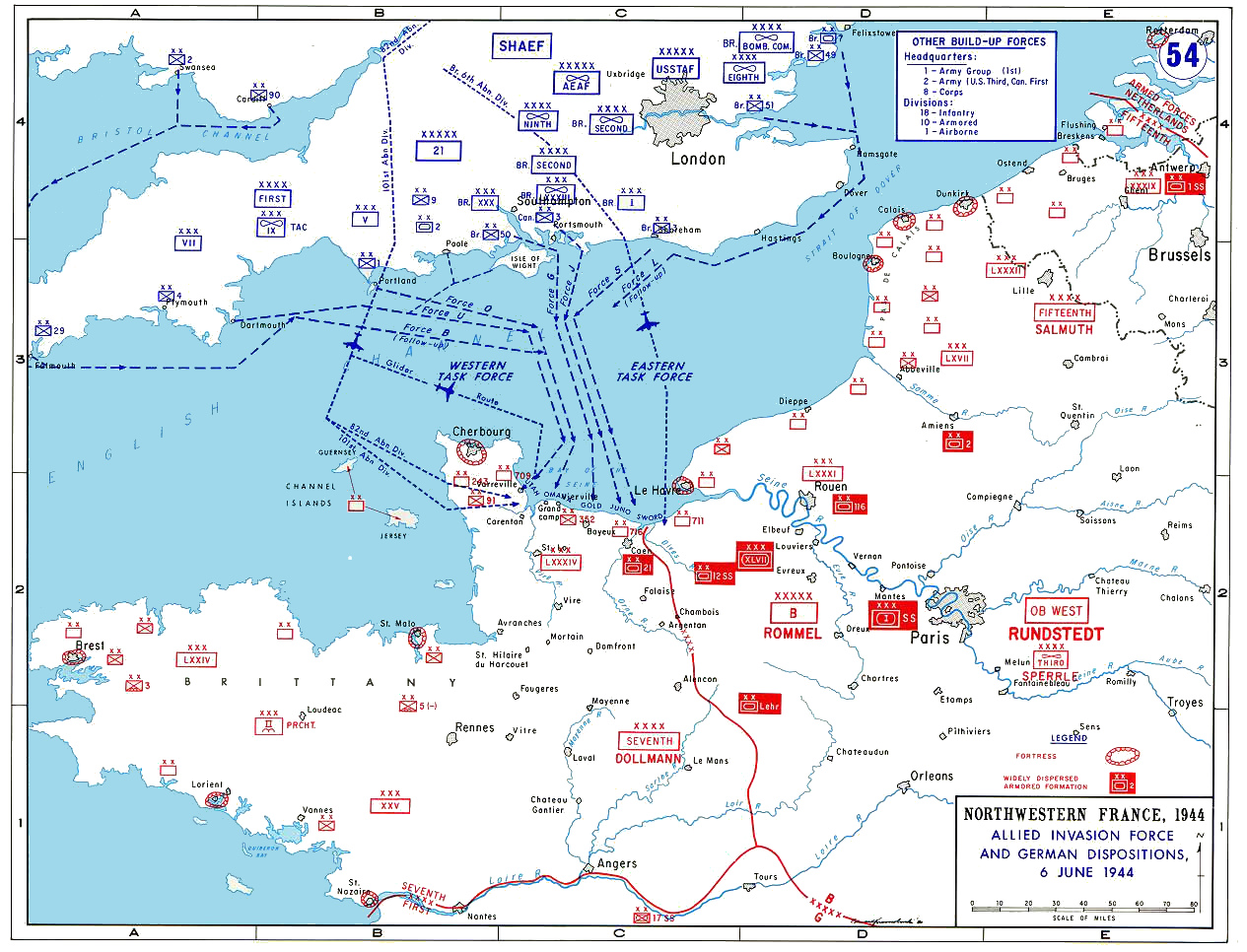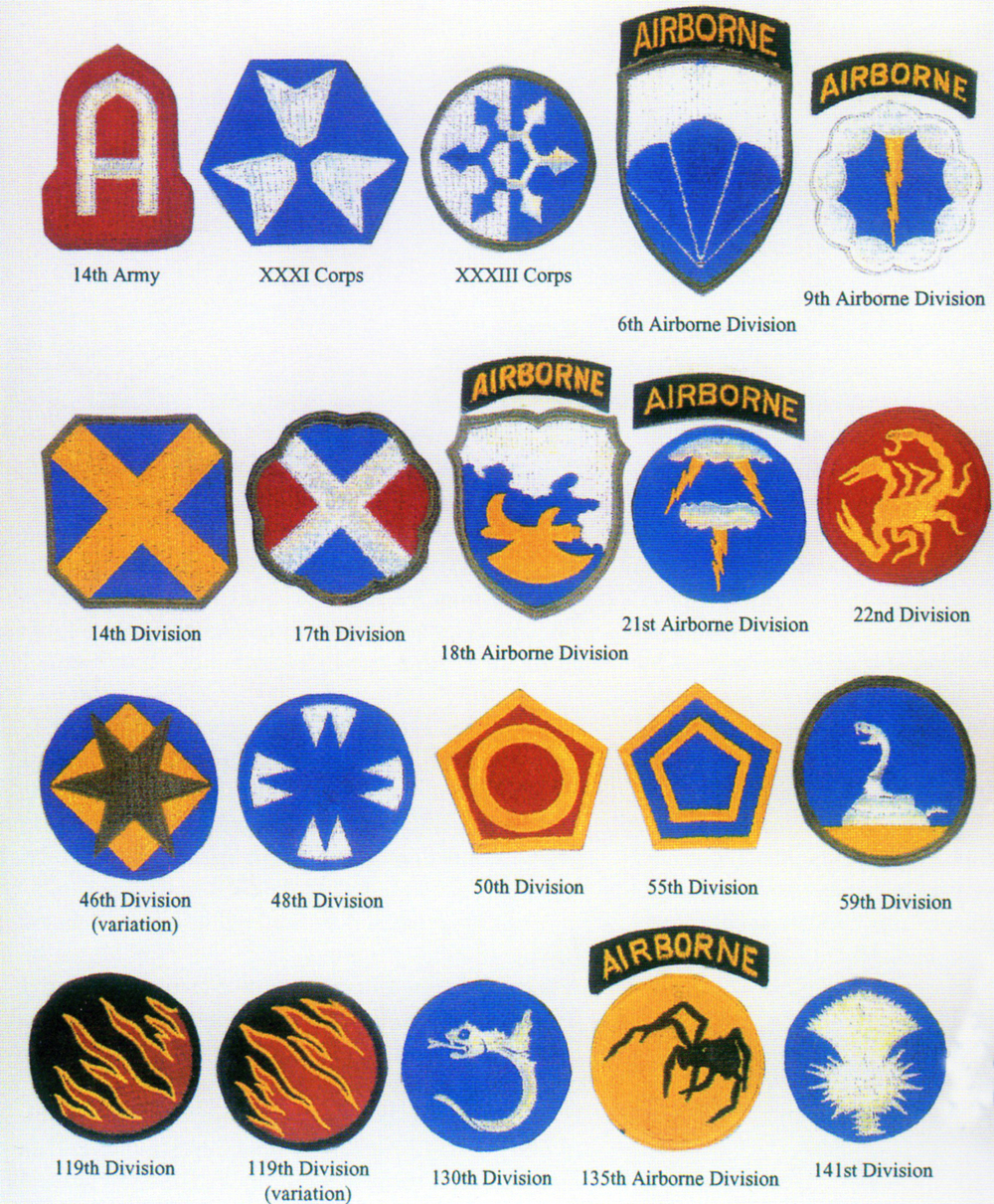|
Alison Gerrish
Alison Robins (nee Gerrish) (9 March 1920 – 15 October 2017) was a British naval signals intelligence officer. She joined the Women's Royal Naval Service (WRNS, "Wrens") in 1939 as an officers' steward and later joined the " Y-Service" in World War II. Early life Robins (nee Gerrish) was born in Branksome, Dorset, on 9 March 1920. She was daughter of Edward Arthur Gerrish (28 April 1878 – 7 November 1960), a servant, who later married the daughter of the house, Alison Kellie-McCallum (29 September 1887 – 23 May 1975). She grew up attending eight different schools as her parents moved for her father to find work. Alison finished her school education in 1938 and qualified as a riding instructor, as a member of the Royal Horse Society. Bletchley Park As one of the WRNS, Robins was one of the last surviving members of the 'Y-Service' at Bletchley Park, who listened-in to German communications. [...More Info...] [...Related Items...] OR: [Wikipedia] [Google] [Baidu] |
Branksome, Dorset
Branksome () is a suburb of Poole, in the Bournemouth, Christchurch and Poole district, in the ceremonial county of Dorset, England. The area consists of residential properties and also a number of commercial and industrial areas. It borders Parkstone, another small Poole suburb, to the west and north west, Alder Hills to the north east, Branksome Park (a more affluent forested area) to the south and Westbourne, Dorset, Westbourne (a suburb of Bournemouth, Poole's conurbation neighbour) to the east. Overview Until the late 19th century the area was mainly unbuilt Heath (habitat), heath and woodlands. With the development and growth of nearby Bournemouth and later Poole the area became popular as a place to live, mainly because the area was relatively undeveloped but yet was within commuting distance between Poole and Bournemouth. The Branksome Urban District was created by the Local Government Act 1894 and absorbed into the municipal borough of Poole in 1905 With the developm ... [...More Info...] [...Related Items...] OR: [Wikipedia] [Google] [Baidu] |
Invasion Of Normandy
Operation Overlord was the codename for the Battle of Normandy, the Allied operation that launched the successful liberation of German-occupied Western Europe during World War II. The operation was launched on 6 June 1944 ( D-Day) with the Normandy landings (Operation Neptune). A 1,200-plane airborne assault preceded an amphibious assault involving more than 5,000 vessels. Nearly 160,000 troops crossed the English Channel on 6 June, and more than two million Allied troops were in France by the end of August. The decision to undertake cross-channel landings in 1944 was made at the Trident Conference in Washington in May 1943. American General Dwight D. Eisenhower was appointed commander of Supreme Headquarters Allied Expeditionary Force, and British General Bernard Montgomery was named commander of the 21st Army Group, which comprised all the land forces involved in the operation. The Normandy coast in northwestern France was chosen as the site of the landings, with the ... [...More Info...] [...Related Items...] OR: [Wikipedia] [Google] [Baidu] |
Bletchley Park Women
Bletchley is a constituent town of Milton Keynes, Buckinghamshire, England, in the south-west of the city, split between the civil parishes of Bletchley and Fenny Stratford and West Bletchley, which In 2011 had a combined population of 37,114. Bletchley is best known for Bletchley Park, the headquarters of Britain's World War II codebreaking organisation, and now a major tourist attraction. The National Museum of Computing is also located on the Park. History Origins and early modern history The town name is Anglo-Saxon and means ''Blæcca's clearing''. It was first recorded in manorial rolls in the 12th century as ''Bicchelai'', then later as ''Blechelegh'' (13th century) and ''Blecheley'' (14th–16th centuries). Just to the south of Fenny Stratford, there was Romano-British town, '' M'' on either side of Watling Street, a Roman road. Bletchley was originally a minor village on the outskirts of Fenny Stratford, of lesser importance than Water Eaton. Fenny Stratford fell ... [...More Info...] [...Related Items...] OR: [Wikipedia] [Google] [Baidu] |
People From Fleet, Hampshire
The term "the people" refers to the public or common mass of people of a polity. As such it is a concept of human rights law, international law as well as constitutional law, particularly used for claims of popular sovereignty. In contrast, a people is any plurality of persons considered as a whole. Used in politics and law, the term "a people" refers to the collective or community of an ethnic group or nation. Concepts Legal Chapter One, Article One of the Charter of the United Nations states that "peoples" have the right to self-determination. Though the mere status as peoples and the right to self-determination, as for example in the case of Indigenous peoples (''peoples'', as in all groups of indigenous people, not merely all indigenous persons as in ''indigenous people''), does not automatically provide for independent sovereignty and therefore secession. Indeed, judge Ivor Jennings identified the inherent problems in the right of "peoples" to self-determination, as i ... [...More Info...] [...Related Items...] OR: [Wikipedia] [Google] [Baidu] |
2017 Deaths
This is a list of lists of deaths of notable people, organized by year. New deaths articles are added to their respective month (e.g., Deaths in ) and then linked below. 2025 2024 2023 2022 2021 2020 2019 2018 2017 2016 2015 2014 2013 2012 2011 2010 2009 2008 2007 2006 2005 2004 2003 2002 2001 2000 1999 1998 1997 1996 1995 1994 1993 1992 1991 1990 1989 1988 1987 1986 Earlier years ''Deaths in years earlier than this can usually be found in the main articles of the years.'' See also * Lists of deaths by day * Deaths by year (category) {{DEFAULTSORT:deaths by year ... [...More Info...] [...Related Items...] OR: [Wikipedia] [Google] [Baidu] |
1920 Births
Events January * January 1 ** Polish–Soviet War: The Russian Red Army increases its troops along the Polish border from 4 divisions to 20. ** Kauniainen in Finland, completely surrounded by the city of Espoo, secedes from Espoo as its own market town. * January 7 – Russian Civil War: The forces of White movement, Russian White Admiral Alexander Kolchak surrender in Krasnoyarsk; the Great Siberian Ice March ensues. * January 10 ** The Treaty of Versailles takes effect, officially ending World War I. ** The League of Nations Covenant enters into force. On January 16, the organization holds its first council meeting, in Paris. * January 11 – The Azerbaijan Democratic Republic is recognised de facto by European powers in Palace of Versailles, Versailles. * January 13 – ''The New York Times'' Robert H. Goddard#Publicity and criticism, ridicules American rocket scientist Robert H. Goddard, which it will rescind following the launch of Apollo 11 in 1969. * Janua ... [...More Info...] [...Related Items...] OR: [Wikipedia] [Google] [Baidu] |
Gay Robins
Gay Robins is an art historian. She was formerly the Samuel Candler Dobbs Professor of Art History at Emory University. She now holds the title of professor emerita. She also assisted the Michael C. Carlos Museum as a faculty consultant for Ancient Egyptian Art. Her work focuses on ancient Egyptian art, composition, gender and sexuality. Robins earned a D.Phil. from University of Oxford in 1981. Works * ''Egyptian Painting and Relief'' (Shire Publications, 1986) * ''Women in Ancient Egypt'' (British Museum Press and Harvard University Press, 1993) * ''Proportion and Style in Ancient Egyptian Art'' (University of Texas Press The University of Texas Press (or UT Press) is the university press of the University of Texas at Austin. Established in 1950, the Press publishes scholarly and trade books in several areas, including Latin American studies, Caribbean, Caribbea ..., 1994) * ''The Art of Ancient Egypt'' (British Museum Press and Harvard University Press, 1997) References ... [...More Info...] [...Related Items...] OR: [Wikipedia] [Google] [Baidu] |
David Cameron
David William Donald Cameron, Baron Cameron of Chipping Norton (born 9 October 1966) is a British politician who served as Prime Minister of the United Kingdom from 2010 to 2016. Until 2015, he led the first coalition government in the UK since 1945 and resigned after a 2016 United Kingdom European Union membership referendum, referendum supported the country's Brexit, leaving the European Union. After Premiership of David Cameron, his premiership, he served as Foreign Secretary (United Kingdom), Foreign Secretary in the government of prime minister Rishi Sunak from 2023 to 2024. Cameron was Leader of the Conservative Party (UK), Leader of the Conservative Party from 2005 to 2016 and served as Leader of the Opposition (United Kingdom), Leader of the Opposition from 2005 to 2010. He was Member of Parliament (United Kingdom), Member of Parliament (MP) for Witney (UK Parliament constituency), Witney from 2001 to 2016, and has been a member of the House of Lords since November 20 ... [...More Info...] [...Related Items...] OR: [Wikipedia] [Google] [Baidu] |
D-Day
The Normandy landings were the landing operations and associated airborne operations on 6 June 1944 of the Allied invasion of Normandy in Operation Overlord during the Second World War. Codenamed Operation Neptune and often referred to as D-Day (after the military term), it is the largest seaborne invasion in history. The operation began the liberation of France, and the rest of Western Europe, and laid the foundations of the Allied victory on the Western Front. Planning for the operation began in 1943. In the months leading up to the invasion, the Allies conducted a substantial military deception, codenamed Operation Bodyguard, to mislead the Germans as to the date and location of the main Allied landings. The weather on the day selected for D-Day was not ideal, and the operation had to be delayed 24 hours; a further postponement would have meant a delay of at least two weeks, as the planners had requirements for the phase of the moon, the tides, and time of day, that ... [...More Info...] [...Related Items...] OR: [Wikipedia] [Google] [Baidu] |
Commander-in-Chief, Dover
The Commander in Chief, Dover was an operational commander of the Royal Navy. His subordinate units, establishments, and staff were sometimes informally known as the Dover Command. History First World War Dover Patrol In late July 1914, with war looming, 12 Tribal class destroyer (1905), Tribal-class destroyers arrived at Dover to join the near obsolete destroyers already at anchor in the harbour, most of them built in the late 19th century. These destroyers formed the nucleus of the fledgling Dover Patrol, which, from its early beginnings as a modest and poorly equipped command, became one of the most important Royal Navy commands of the First World War. The command was instituted on 12 October 1914 under the command of Rear Admiral Horace Hood, Sir Horace Hood. Following the extra strain thrown on the Admiral of Patrols Rear Admiral George Alexander Ballard and his staff caused by the beginning of mine laying and the evacuation of Antwerp, the Admiralty decided to create a ... [...More Info...] [...Related Items...] OR: [Wikipedia] [Google] [Baidu] |
Royal Navy
The Royal Navy (RN) is the naval warfare force of the United Kingdom. It is a component of His Majesty's Naval Service, and its officers hold their commissions from the King of the United Kingdom, King. Although warships were used by Kingdom of England, English and Kingdom of Scotland, Scottish kings from the early Middle Ages, medieval period, the first major maritime engagements were fought in the Hundred Years' War against Kingdom of France, France. The modern Royal Navy traces its origins to the English Navy of the early 16th century; the oldest of the British Armed Forces, UK's armed services, it is consequently known as the Senior Service. From the early 18th century until the World War II, Second World War, it was the world's most powerful navy. The Royal Navy played a key part in establishing and defending the British Empire, and four Imperial fortress colonies and a string of imperial bases and coaling stations secured the Royal Navy's ability to assert naval superior ... [...More Info...] [...Related Items...] OR: [Wikipedia] [Google] [Baidu] |



